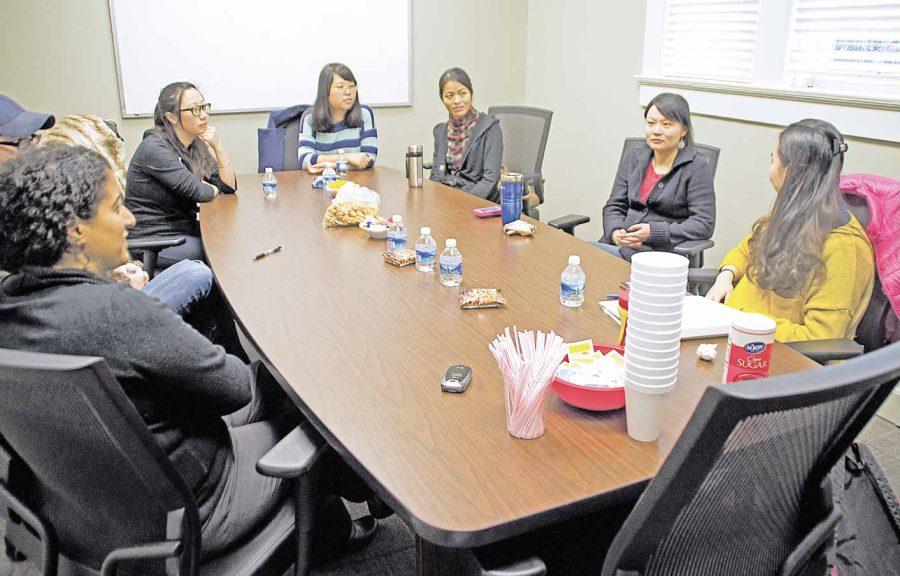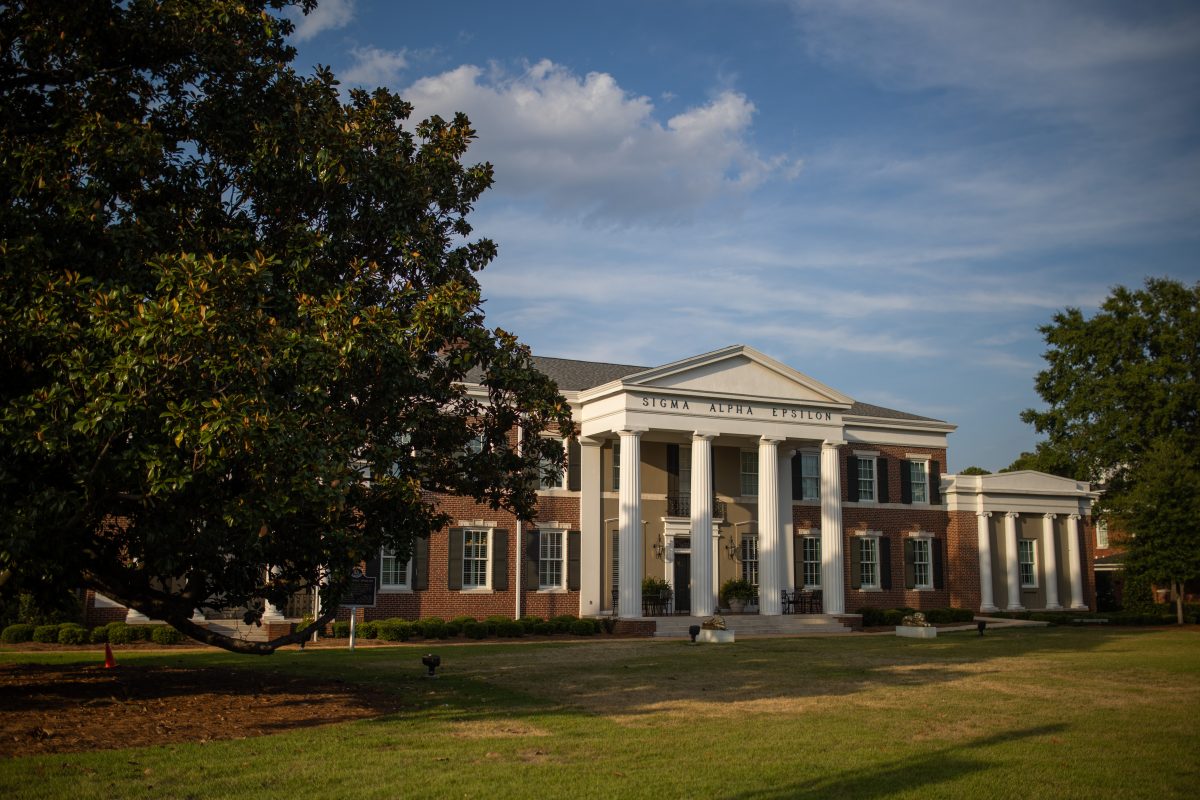When Cong Nguyen came to the United States from Vietnam, the transition was difficult at first.
“The first time I went to the bank to open a bank account, I just signed whatever they handed me because I could not read the forms,” Nguyen, a doctoral candidate in engineering, said.
Difficulties similar to this are common for most international students and faculty, making it hard for them to adapt to life in Tuscaloosa. Yet as difficult as it may be for The University of Alabama international community to adjust to new lives, the spouses of these students and faculty face challenges of their own.
“I just followed him here,” Thi Nguyen, Cong Nguyen’s wife, said. “While he studies, I just stay home. I cook or clean or try to teach myself English.”
(See also “Winter break leaves some international students stranded“)
This is the story for many spouses and families of international students and faculty who come to the U.S. but are unable to work or study due to visa restrictions.
“To switch their visa type to a full-time student visa, the dependent visa holder would first be admitted to a program of study and then could apply to either change status to an F-1 from within the U.S. or apply for a new visa abroad,” Charter Morris, director of Capstone International Services, said.
A change of visa requires going through a three-step process. The first step is to meet with a CIS advisor to determine whether that person is eligible for a change of visa. The second involves preparing more than a dozen different forms and documents. The final step is to meet with the CIS advisor again to review the application and send it to the proper office. This process usually takes between four to six months, so even if the spouse has all the necessary requirements to enter a program, the timeline of the visa change prohibits them from doing so immediately.
(See also “The cost of coverage: Students weigh drawbacks, benefits of University health insurance plans“)
“The biggest challenge for many families is that the spouse feels isolated and really isn’t a part of the community,” Morris said.
In order to help international families, Dorit Cohen, a spouse of a University professor who is originally from Israel, started the International Spouse group.
“I lived in Australia for a few years, and there was a group there that helped international spouses learn Australian culture and slang,” Cohen said.
She was able to meet with Morris, who told her that a group like did not exist at the University and encouraged her to start one. The group’s first meeting was held in fall 2012, and since then, the group has met regularly Tuesday mornings to discuss challenges that they face and to get connected with one another.
“The group is always changing. Some people come, and they meet new friends, and that is enough for them, so they leave. To me, that is excellent, because I am happy they at least have someone to meet for coffee, and they won’t feel so isolated,” Cohen said.
For the 2012-13 school year, the University had 1,670 international students and 232 international faculty, staff and scholars, according to the University of Alabama International Student and Scholar Report 2013. While 133 of the international students are graduates who remain on the University’s visa sponsorship, the 1,537 active, enrolled students represent 78 countries and regions. The faculty, staff and scholars come from 36 different countries and territories.
While the group boasts members from all around the world, it is also reflective of the international campus community. Students and faculty from China make up the largest group of the international community on campus, with 882 enrolled during the 2012-13 school year. The meetings often have many spouses and family members from China, India, Nepal, Vietnam, Thailand and the U.S.
(See also “Chinese Spring Festival to celebrate Year of the Horse“)
With so many countries represented in the group, members said they see it as a way to learn about other cultures and share experiences. Each week, a different group member leads discussion of a topic they have prepared. The discussion topics can include anything from cultural traditions to the merits of studying or traveling abroad, to relationships or challenges members face.
“The main struggle is that all of us had work experience and education from our countries,” Cohen said. “We all got great jobs and promotions, and coming to a different country is a struggle, because while the spouses’ careers go up, ours goes down.”







